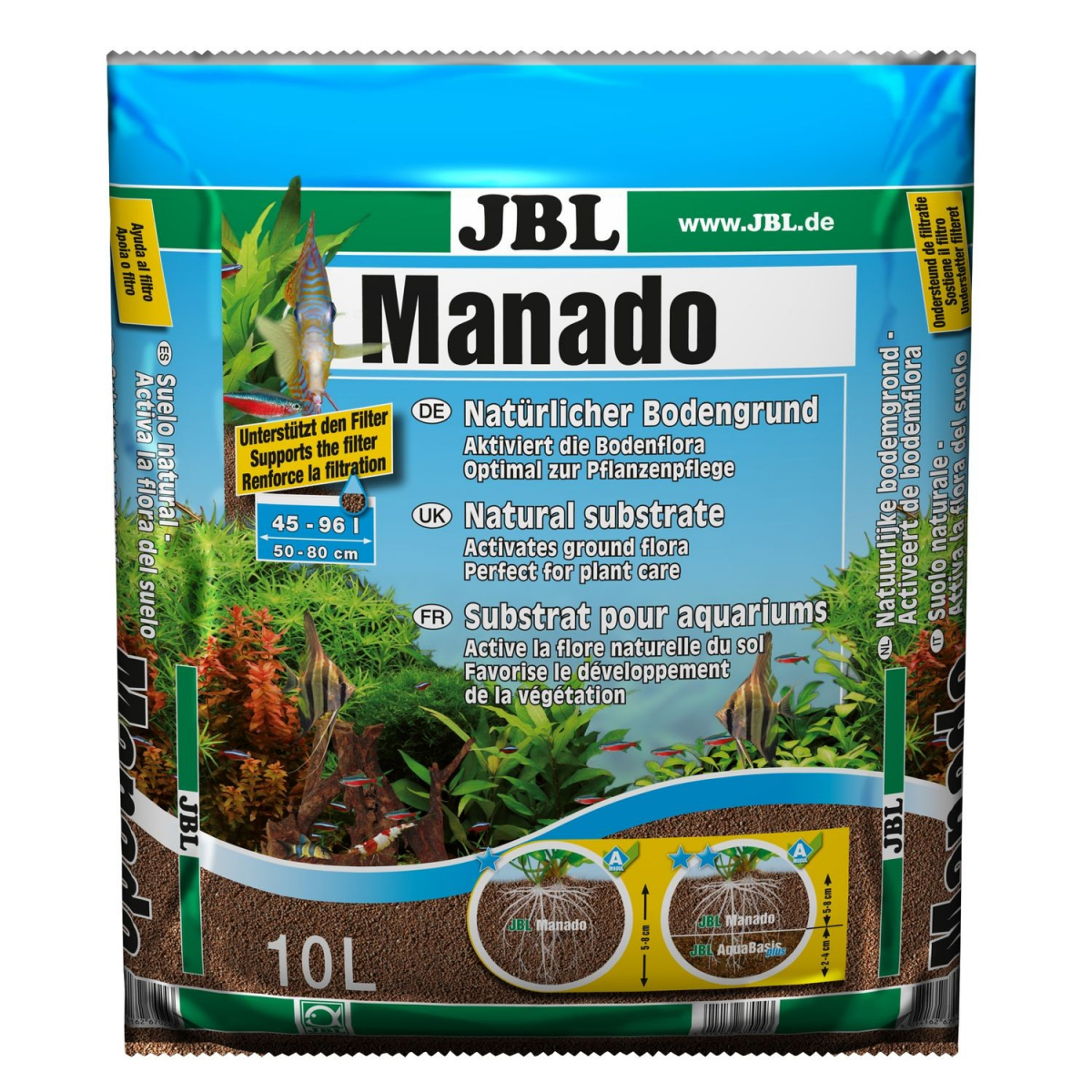Aquarium Substrat
Are you an aquarium owner looking for the best substrate for your aquatic pets? Look no further! Choosing the right aquarium substrate can be crucial for the health and wellbeing of your fish, plants and other aquatic organisms. In this article, we will dive into the world of aquarium substrate and explore its importance for your underwater world.
Pain Points of Aquarium Substrat
Without realizing it, many aquarium owners use the wrong type of substrate which can lead to numerous problems such as poor plant growth, unhealthy fish and unsightly aquarium water. Inappropriate substrate composition can also lead to excessive algae growth, blocked filters, and harmful decomposing waste. All of these factors can lead to a dirty-looking aquarium and, most importantly, affect the health and well-being of your precious aquatic life.
Target of Aquarium Substrat
Choosing the right substrate for your aquarium is essential, not only for the aesthetic appeal but also for the overall health and longevity of your aquatic ecosystem. With a variety of substrates available on the market, we recommend targeted substrates according to the species and plants you intend to keep in your aquarium to improve their overall health and wellbeing.
Summary of Aquarium Substrat and Related Keywords
Choosing the right aquarium substrate is essential for the health of your aquatic life. Inappropriate substrate composition can lead to problems such as poor plant growth, unhealthy fish, unsightly aquarium water, excessive algae growth, and harmful decomposing waste. Therefore, targeted substrates are recommended based on the species and plants in your aquarium to ensure the longevity of your underwater world.
Aquarium Substrat and Its Target
One of the most important substrates in an aquarium is the sand substrate. Sand is an excellent choice for bottom dwelling fish and is ideal for various types of fish species like cichlids, catfish and guppies. With a low-maintenance requirement and suitable composition, sand is an excellent choice for aquatic pets that like to dig into the substrate. Moreover, it promotes healthy plant growth and is relatively easy to clean.
Another great substrate choice for your aquarium is the TETRA Active Substrate. TETRA Active Substrate is an enriched substrate that provides high-quality nutrients for your aquatic plants and fish. It is an excellent choice for planted aquariums as it encourages rapid root growth and enhances the growth of your aquatic plants. It also keeps the water chemistry at optimal levels, promoting healthy biological filtration.

Best Substrates for your Aquarium
JBL Manado is a clay-based substrate that is perfect for freshwater aquariums. It has a special function that prevents it from becoming compacted, ensuring healthy aquarium plants and other aquarium organisms. JBL Manado is also perfect for breeding fish thanks to the excellent oxygen flow it provides for the hatching of fish eggs. Additionally, JBL Manado is pH neutral, which is suitable for aquariums containing species that require neutral water pH levels.

What is the Best Way to Clean Aquarium Substrat
When it comes to cleaning your aquarium substrate, it is essential to use the right cleaning techniques to keep your underwater world healthy and clean. One of the best ways to clean the aquarium substrate is by using a siphon. A siphon is a long plastic tube that cleans the substrate by removing debris and other waste at the bottom of the aquarium, ensuring your aquarium remains clean and healthy for your aquatic life.
Question and Answer Section About Aquarium Substrat
Q:
What type of aquarium substrate is best for cichlids?
A:
Sand substrate, such as fine silica sand or black blasting sand, is an excellent choice for cichlids as it replicates their natural environment.
Q:
Can I mix different types of substrate in my aquarium?
A:
Yes, you can combine different types of substrates in your aquarium, but ensure that the layers are separated, allowing the substrates to function effectively without interference.
Q:
Does aquarium substrate affect pH?
A:
Yes, the substrate can affect pH. Some substrates can cause an increase or decrease in pH depending on their composition.
Q:
How often should I replace my aquarium substrate?
A:
If your substrate is in good condition, there's no need to replace it unless you're changing the aquarium layout or your pet fish requires a different substrate. If there is any odor or the appearance of bacterial growth, it is time to change the aquarium substrate.
Conclusion of Aquarium Substrat
Choosing the right type of aquarium substrate is crucial for the overall health and wellbeing of your aquatic pets and plants. Selecting a substrate that replicates your aquatic life's natural environment and requirements is essential for longevity and good health.
Gallery
Substrat Aquarium : Bien Le Choisir Pour Réussir Le Sol De Votre Aquarium
Photo Credit by: bing.com /
Substrat Aquarium JBL Manado
Photo Credit by: bing.com / jbl manado aquarium substrat 10l bodem ltr
Substrat Pour Aquarium 4Kg - Oscar Le Poisson
Photo Credit by: bing.com / substrat 4kg poisson
🥇 ᐅ Le Meilleur Substrat Pour Aquarium En 2022 ! - 🐠 Mon Aquarium
Photo Credit by: bing.com /
TETRA Active Substrate - Substrat Naturel Pour Aquarium - 6L: Amazon.fr
Photo Credit by: bing.com / aquarium substrat naturel


